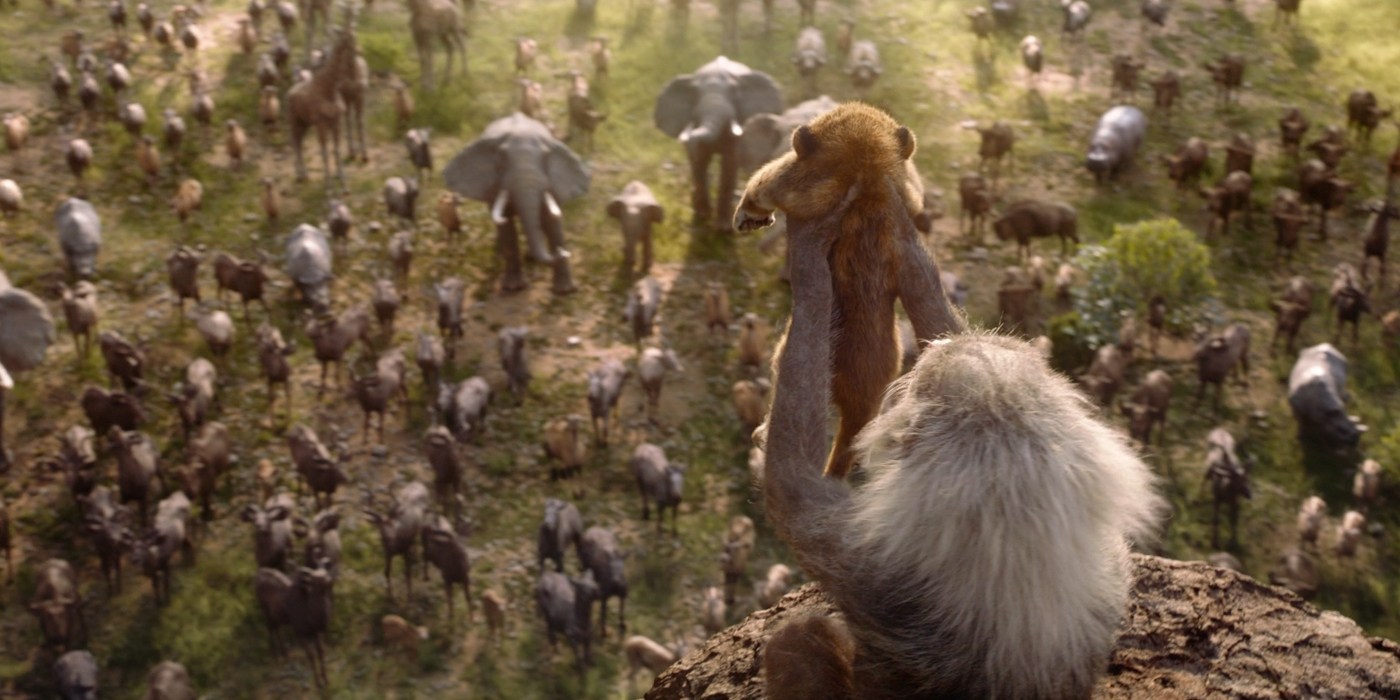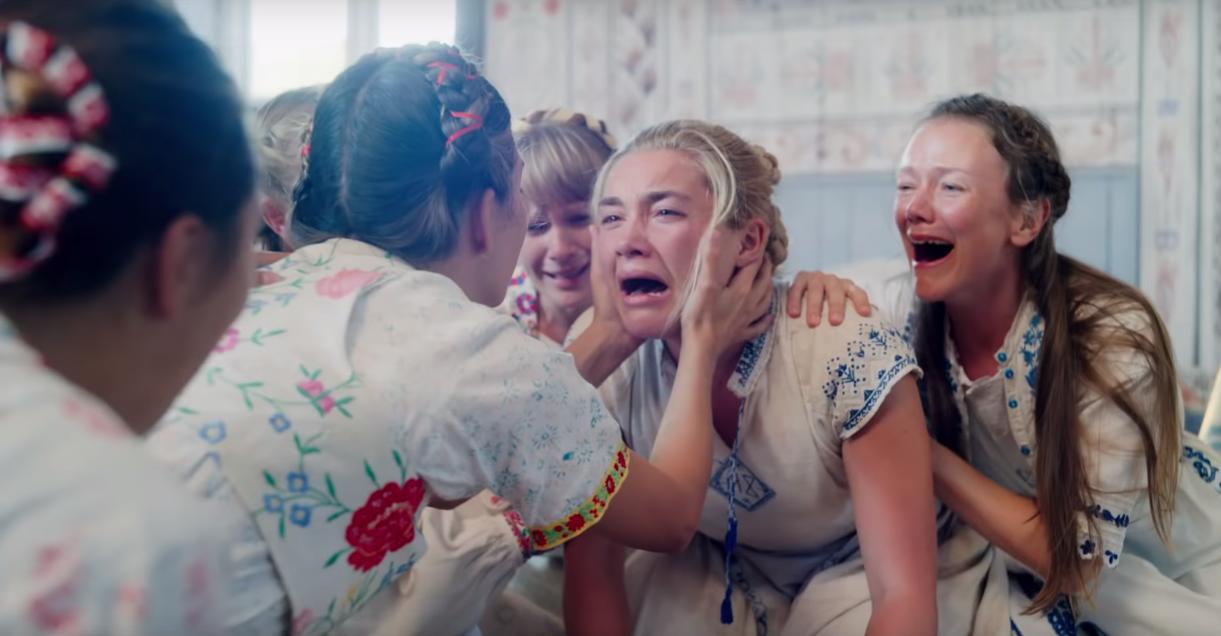The third time is maybe, sort of, kind of, the charm for the 2019 Disney remakes. The bar was admittedly a pretty low one, and it’s hard to think of any way in which this is superior to its animated original, but at least there is plenty to enjoy, which is more than could be said for Dumbo (read review) and Aladdin (read review) earlier this year.
That being said, they still fail to answer the question of why these remakes exist at all beyond a cynical (and successful) attempt to wrest as much cash from the pockets of millennials and parents, and especially millennial parents.
The irony of The Lion King is that this is the best of the live-action adaptations to come out this year, and yet it also feels like the most pointless of them. With Dumbo they tried to do something relatively original, and with Aladdin they tried to correct some of the more concerning racial issues of its animated predecessor. Neither succeeded in coming even remotely close to being as good as their originals, but at least you could pretend there was a reason for their existence beyond callous money-grabbing. Here, it’s hard to see where that reason lies.

Image: Disney
The filmmakers have created a near shot-for-shot remake, and what they have brought to the table in terms of originality is unclear. The visual work is stunning, the shots of Africa gorgeous, and the CGI animals impressive. But it’s not as if we were lacking high-quality footage of animals in Africa – real ones at that – with Planet Earth and its various spin-offs readily available on Netflix.
It’s also impossible to avoid the feeling that, as incredible as the CGI rendering of the animals is, some of the charm is also lost. It’s much harder to suspend disbelief of a lion living in perfect harmony with its prey when rendered in 4K.
And yet, I did find myself mostly enjoying it. Billy Eichner and Seth Rogen make a good Timon and Pumba, and given the difficulty Will Smith had in replicating the comedic magic of the Genie, this is no mean feat. Chiwetel Ejiofor is excellent as Scar, and despite my reservations about the CGI, Scar is properly evil and scary-looking.

Florence Kasumba, Keegan-Michael Key, and Eric André in The Lion King (2019). Image: Disney
Beyoncé’s casting is hardly more than a shrewd PR coup, with Nala there almost purely to drive the plot along and bring Simba home. The lack of character is not her fault, the filmmakers failing to add anything of note to the film and missing a real opportunity to make Nala’s character more than just a vehicle for Simba’s redemption, especially when they have someone with such star power and gravitas as Beyoncé.

Beyoncé in The Lion King (2019). Image: Disney
And therein lies the crux of the issue with this film as a whole — its lack of experimentation and originality. It is enjoyable, it will make you smile, laugh, maybe even cry. But if you have seen the animated version, this will in no way feel like an improvement, despite the star-studded cast and multi-million dollar budget.
The Lion King (2019) rating: 6/10
Joe is the film and TV critic for The Lincolnite. He is a Master’s student at the University of Lincoln, having abandoned the sunny beaches of the Cayman Islands for the slightly colder climes of Lincolnshire to see whether he could make it as a writer. Joe graduated from St. John’s College in Annapolis, Maryland in 2016, where he studied the Liberal Arts and drank far too much bad American beer.









